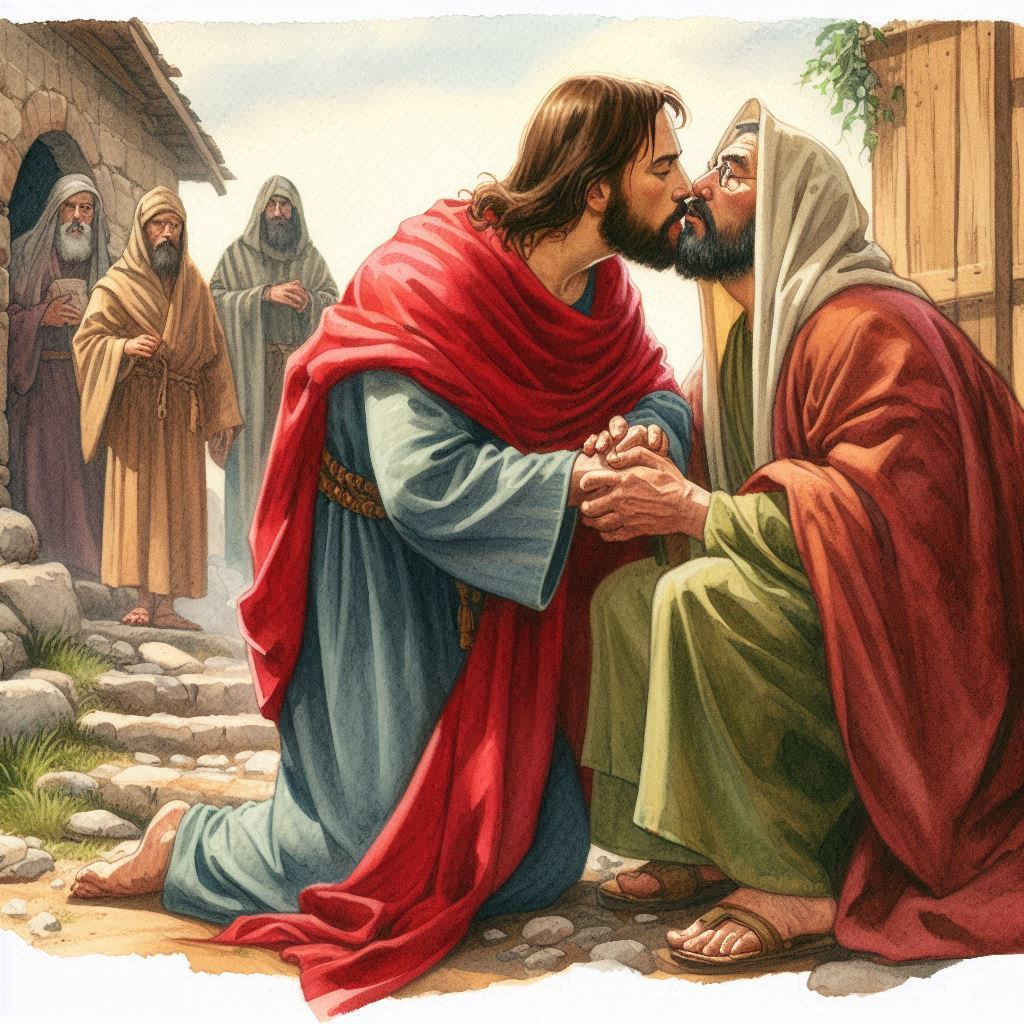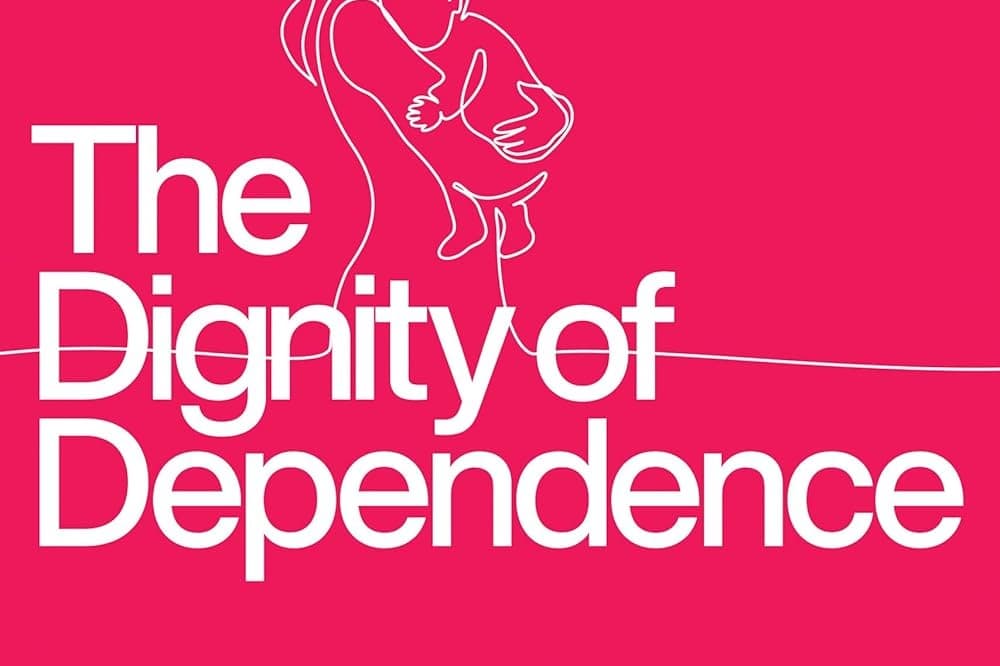7th February, 2026
A Fountain Publication

The Lodestar
Online Magazine for the Thinking Christian

Views
Why Did Jesus Choose Judas?
Why did Jesus choose Judas, the betrayer? This perplexing question demands exploration. We uncover surprising insights into this complex figure and the divine plan by examining theological, historical, and scriptural perspectives.
By Haunu on 12th August, 2024
The New Testament narrative's choice of Judas Iscariot as one of Jesus’ twelve apostles is perplexing. Understanding this decision involves delving into theological, historical, and scriptural analyses. This article explores several perspectives to elucidate why Jesus selected Judas.
Fulfilment of Prophecy
One significant reason Jesus chose Judas is the fulfilment of prophecy, a key element of the divine plan. The Old Testament contains passages that foreshadow betrayal by a close associate. Psalms reference a trusted friend turning against the psalmist (Psalm 41:9), which Christians interpret as a prophecy concerning Judas’ betrayal. Jesus acknowledged the fulfilment of this prophecy during the Last Supper (John 13:18). By selecting Judas, Jesus ensured the scriptural predictions would come to pass, demonstrating the depth of the divine plan and affirming the legitimacy of the prophecies.
Demonstration of Free Will and Human Nature
Judas’ inclusion among the apostles is a profound illustration of the complexities of free will and human nature. Although Jesus was aware of Judas’ future betrayal (John 6:64), Judas still possessed free will and chose to betray Jesus. This selection underscores the idea that divine foreknowledge does not negate human responsibility. Judas was not coerced into his actions; instead, his betrayal resulted from his choices and moral failings, highlighting the potential for sin in every individual, regardless of their proximity to holiness.
Illustration of God’s Sovereignty and Grace
Another perspective is that Judas’ role in Jesus’ ministry highlights God’s sovereignty and grace. Despite Judas’ impending betrayal, Jesus gave him the same opportunities for redemption and service as the other apostles. This inclusion vividly demonstrates God’s grace, allowing everyone to repent and change, even those who ultimately reject it. Jesus’ selection of Judas exemplifies the inclusivity of God’s call and the depth of His mercy, embracing all who seek His forgiveness.
Necessity for the Salvific Plan
Judas’ betrayal was crucial to the unfolding of the salvific plan. Without Judas’ act of treachery, Jesus' arrest, trial, and crucifixion might not have occurred in the manner that fulfilled the necessary steps for the atonement of humanity’s sins. Jesus’ crucifixion and resurrection are central to Christian theology, and Judas’ betrayal sets these events into motion. Thus, Jesus’ choice of Judas was instrumental in achieving the divine purpose of salvation.
Reflection of Reality in the Early Church
Judas’ presence among the apostles mirrors the reality of the early Christian community and the broader human experience. The early church included individuals with diverse intentions and levels of faithfulness. Judas represents the reality that some falter even within a community committed to high ideals. This acknowledgement of imperfection within the church serves as a warning and a lesson for vigilance, humility, and the continuous need for spiritual integrity.
In summary, Jesus’ choice of Judas as an apostle can be understood through various lenses. It fulfilled ancient prophecies, illustrated the complexities of free will and human nature, demonstrated God’s grace, was necessary for executing the salvific plan, and reflected the realities of the early church. Each perspective provides insight into the multifaceted reasons behind this profound and troubling choice. Judas’ selection, betrayal, and subsequent actions continue to provoke thought and theological reflection, underscoring the depth of the Christian narrative.
(Haunu, lives in Dorcas Veng, New Lamka. She is a financial steward in the Baptist Youth Fellowship and a writer, finding joy in crafting narratives in her spare time.)
Share this Article
Advertisements
Explore More on The Lodestar

Bullying in College: A Christian Response of Prevention, Courage, and Care
Bullying in college wounds deeply, but Christian students can respond differently: preventing harm through Christ-like conduct, addressing injustice with courage, and assisting victims with...

Sargeant: “The Dignity of Dependence: A Feminist Manifesto"
Sargeant, Leah Libresco. The Dignity of Dependence. A Feminist Manifesto. University of Notre Dame Press, 2025.
Subscribe to our free weekly digest.
Join hundreds of others who have subscribed to our free weekly digest for inspiring news, faith, community, family, opinion, and culture content. Stay connected and nurture your spiritual growth with thought-provoking articles delivered straight to your inbox.
Join our growing community of readers today.

